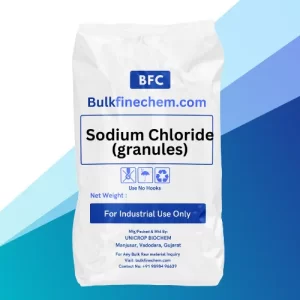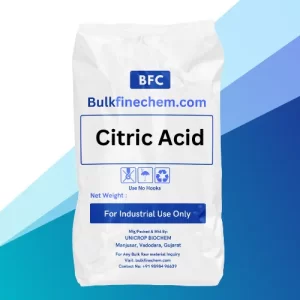Potassium Chloride
Potassium chloride (KCl) is a versatile compound with a vital role in nutrition, health, and industry. It provides essential potassium ions crucial for muscle function, nerve signaling, and electrolyte balance in living organisms. As a dietary supplement, it promotes heart health and aids in reducing sodium intake when used as a salt substitute in processed foods. In agriculture, it enhances soil fertility and crop yield, while in industrial applications, it finds use in fertilizers, water treatment, and chemical processes. With its odorless, crystalline appearance and easy solubility in water, potassium chloride serves as a fundamental component in diverse sectors, contributing to human well-being and industrial efficiency.
Application of Potassium Chloride
Potassium chloride (KCl, or potassium salt) is a metal halide salt composed of potassium and chlorine. It is odorless and has a white or colorless vitreous crystal appearance. The solid dissolves readily in water, and its solutions have a salt-like taste.
Mechanism of Action
- In living organisms, potassium ions (K+) are vital for numerous physiological processes, including muscle contraction, nerve impulse transmission, and the regulation of cellular osmotic balance.
- It in the diet provides the necessary potassium ions to maintain these critical functions.
- plays a pivotal role in maintaining electrolyte balance within the body.
Benefits of Potassium Chloride
- In the realm of nutrition, It serves as a dietary supplement to ensure an adequate intake of potassium.
- It is an essential nutrient that supports heart health, muscle function, and nerve signaling.
- it is used medically to treat potassium deficiency (hypokalemia) and associated conditions.





